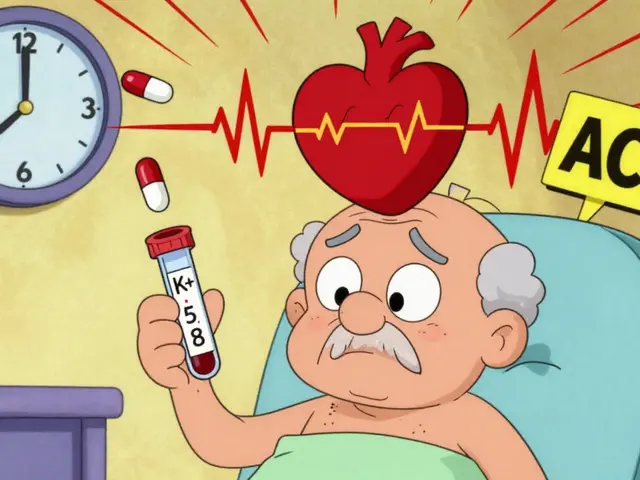Hearing Loss: What It Looks Like and What You Can Do
Have you started turning up the TV, asked people to repeat themselves, or felt ringing in your ears? Those are common signs of hearing loss. It’s not just aging — hearing loss can happen from noise, illness, medicines, or a sudden event. The good news: many causes are treatable or manageable. This page helps you recognize the problem fast and take practical steps right away.
Common Causes and Signs
Hearing loss shows up in different ways. You might miss consonants (letters like s, t, f), struggle in noisy places, or notice a constant buzz or ring (tinnitus). Common causes include long-term loud noise exposure (concerts, headphones at full volume, noisy jobs), earwax buildup, infections, and age-related changes. Some medications — called ototoxic drugs — can affect hearing, so always tell your doctor if you notice changes after starting a medicine.
Sudden hearing loss (hours to a few days) is an emergency. If hearing drops quickly, get evaluated right away — early treatment can save hearing. If loss develops slowly, schedule a hearing test. Even a slight change matters; early fixes are easier and work better.
Simple Steps to Protect, Test, and Improve Hearing
Start with a hearing check. An audiologist performs an audiogram and speech-in-noise tests to pinpoint the type and level of loss. Your primary care doctor can also screen you and refer you to an ear specialist (ENT) if needed.
If earwax is the issue, a clinic can remove it safely. For medical causes like infections, prescriptions can clear things up. For permanent loss, hearing aids are the most common fix — modern devices are small, smart, and adjustable for different listening situations. For severe loss, cochlear implants or bone-anchored systems are options; a specialist will explain who qualifies.
Protect your ears every day. Use earplugs at concerts or when lawn mowing, lower headphone volume to 60% or less, and follow the 60/60 rule: 60% volume for no more than 60 minutes at a time. If you work in a noisy place, use certified hearing protection and ask your employer about hearing conservation programs.
Practical habits help too: face people when they talk, choose quieter spaces for conversations, reduce background noise at home, and use captioning or amplified phones when needed. Apps and assistive listening devices can boost speech in restaurants or on calls without turning up the volume dangerously.
Tinnitus often comes with hearing loss. Managing it can mean sound therapy, hearing aids (which reduce perceived ringing), stress-reduction methods, and sleep strategies. If ringing is loud or sudden, see a clinician.
Hearing loss doesn’t have to cut you off. Get tested, protect your ears, and explore treatments that match your life. Small steps now can keep you connected, safer, and enjoying conversations again.




